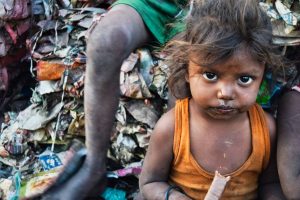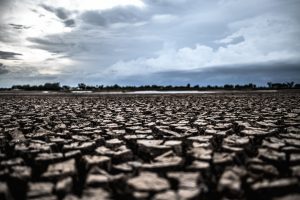Public health is still in crisis as a result of the pandemic. The number of COVID-19 reported cases and fatalities has been declining globally and locally during the previous few weeks, which is good news. However, is it the right time to let our guard down? Even while we see these positive tendencies, we must be careful how we perceive them. According to WHO’s Regional Director, testing and sequencing services have been cut back in many nations. This indicates that the data required to correctly examine the pandemic trajectory is not accurate. The virus will change, but it’s still difficult to predict how.
Over 21,890,000 COVID-19 cases and 343,417 fatalities had been reported by the WHO Eastern Mediterranean Region as of June 20. Only 62 deaths and more than 33,300 cases have been reported in the past week. These are not tiny sums of money. The UN agency implores nations to carry out the necessary actions as promised. It also demands that all nations immunize all medical personnel, the elderly, and other at-risk populations, and take appropriate action in light of their circumstances and requirements. Recent findings by the Technical Advisory Group on COVID-19 Vaccine Composition revealed that, with a booster dosage, all COVID-19 variations, including Omicron, are highly protected against catastrophic illness outcomes by the currently licensed vaccines.
Nations are encouraged to respond to their realities and the particular circumstances they encounter when it comes to other proven beneficial actions. There isn’t a “one size fits all” answer. WHO’s present focus is on keeping up monitoring, testing, and genome sequencing capabilities in the Eastern Mediterranean Region, speeding up COVID-19 vaccination to hit coverage goals and enhancing the resilience of health systems.
On the other hand, the Monkeypox risk is increasing and should be taken seriously. Since January 2022, 43 countries have reported more than 2,100 confirmed cases of monkeypox to the WHO, including three countries in the region that have reported 15 confirmed cases. On a global and regional scale, the risk to public health is still low. Investigations are still being conducted, though. It is worrying that monkeypox has been spreading unchecked for some time now. On June 23, 2022 today, WHO will hold a meeting of its Emergency Committee on Monkeypox to determine whether this outbreak constitutes a public health emergency of global concern and to solicit expert opinion.
In order to increase detection and response capabilities, WHO’s Regional Office is actively collaborating with the health ministries and authorities in Lebanon, Morocco, and the United Arab Emirates, where confirmed cases of monkeypox have been reported. In order to coordinate illness surveillance, thorough case detection, contact tracing, laboratory investigation, clinical care and isolation, and implementation of infection prevention and control measures, the incident management structure has been activated.
This week, more than 100 healthcare professionals in Somalia began training on case management for early detection, differential diagnosis, laboratory confirmation, and appropriate treatment at healthcare institutions. Everyone should be made aware that monkeypox can spread to anyone who comes into close physical contact with an infected person. Nations are urged to collaborate with local groups to make sure those who are most vulnerable have the knowledge and resources they need to protect both themselves and others, as well as to expand surveillance to prevent further transmission.







